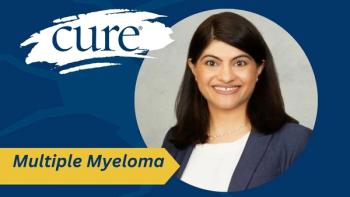
CURE spoke with Dr. Surbhi Sidana about the recently approved antibody-drug conjugate Blenrep for multiple myeloma.

CURE spoke with Dr. Surbhi Sidana about the recently approved antibody-drug conjugate Blenrep for multiple myeloma.
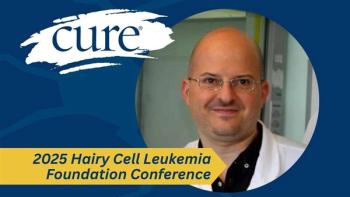
Dr. Alessandro Gozzetti highlights fertility and reproductive health as often overlooked but vital aspects of survivorship in hairy cell leukemia.
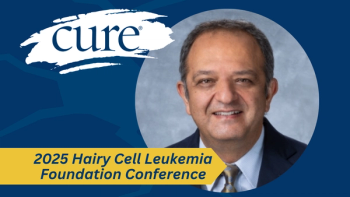
Combining Rituxan with Mavenclad or Zelboraf upfront can extend remissions safely and should become standard first-line therapy for hairy cell leukemia.
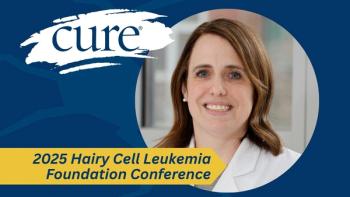
CURE sat down with Dr. Kerry A. Rogers for an interview at the Hairy Cell Leukemia Foundation 2025 Conference, hosted in Bologna, Italy.

The MELODY study found music therapy to be effective at relieving the anxiety of cancer survivors.
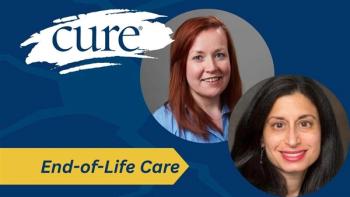
Experts discuss how better hospice and home care reimbursement can help patients receive compassionate end-of-life care at home.

Breast cancer survivors highlighted guidance and encouragement they received when first diagnosed, offering reassurance for those who are newly diagnosed.

Stephanie Wachtel told CURE that areola tattooing after HER2-positive breast cancer helped her feel whole again and reconnect with her creativity.
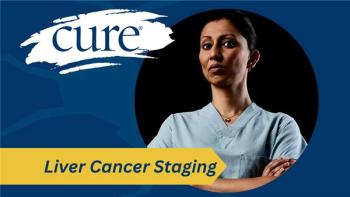
Dr. Anjana Pillai explains that staging liver cancer involves assessing tumor size, spread, and vessel involvement to guide treatment.
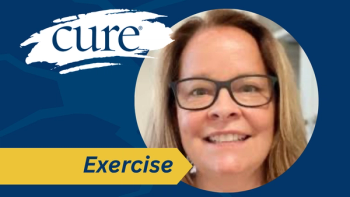
A study found exercise after treatment boosts cancer survival, prompting experts to call for structured movement as a standard part of survivorship care.
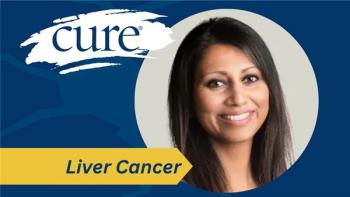
Dr. Anjana Pillai highlights Liver Cancer Awareness Month’s role in promoting liver health, dispelling myths and encouraging early detection and care.

Dr. Komal Jhaveri says Breast Cancer Awareness Month should move beyond pink ribbons to drive early detection, research and equitable care.

While Breast Cancer Awareness Month raises funds and awareness, for survivors, it can painfully remind them of all they’ve endured.
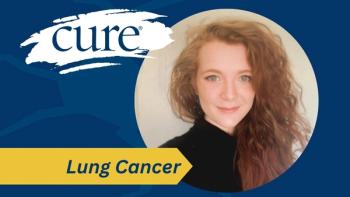
Although a cancer diagnosis can feel overwhelming and isolating, patients should know that they are never alone, Brittney Nichols emphasized.
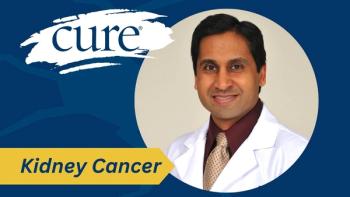
Dr. Ravi Munver highlights how minimally invasive treatment has improved recovery and quality, improving outcomes for patients with kidney cancer
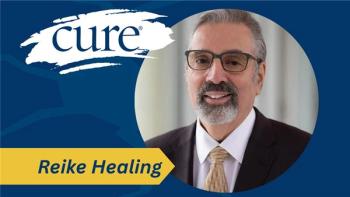
Dr. Sheldon Marc Feldman explores Reiki’s potential to reduce stress and anxiety for patients undergoing breast cancer surgery at Montefiore Einstein Comprehensive Cancer Center.
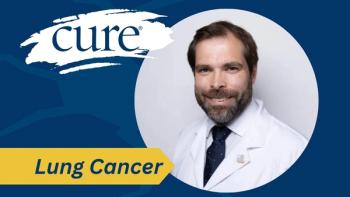
Dr. Nicolas Girard discussed the current treatment options for patients with EGFR-mutant lung cancer, including emerging combination regimens.
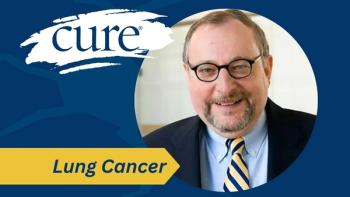
Dr. Fred Hirsch highlighted how knowledge of the molecular characteristics of non-small cell lung cancer enhances understanding of the disease.
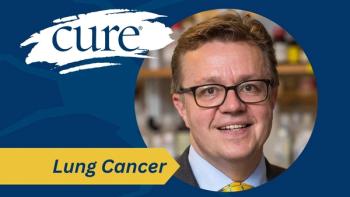
In EGFR-mutated non-small cell lung cancer Tagrisso with pemetrexed and chemotherapy was associated with an improvement in survival.

The New Jersey retreat is free for women during and two years after cancer treatment.
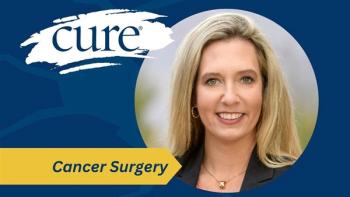

Alison Ankiewicz explains how pelvic physical therapy restores tissue, sexual function and emotional confidence for patients after cancer treatment.
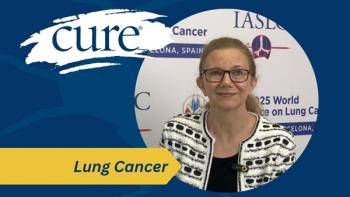
Dr. Mary B. Beasley discusses evolving role of pathologists in lung cancer care, highlighting how emerging technologies may shape the future of the field.

Heather Ann Yonker expands on strategies for maintaining food safety in the home, particularly for patients with compromised immune systems due to cancer.
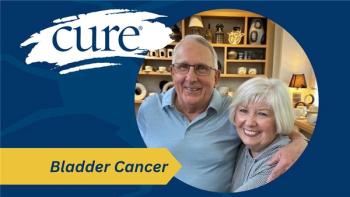
Frank Garred, 77, completed Inlexzo treatment for recurrent bladder cancer, describing it as manageable with minimal side effects compared with BCG.
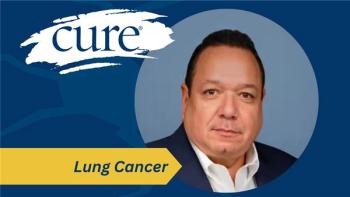
Dr. Edgardo Santos explains that combining Tagrisso with chemotherapy or Leclaza plus Rybrevant may improve survival versus monotherapy alone.
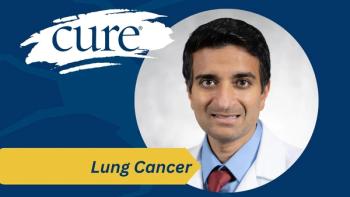
Dr. Sandip Patel discusses findings from a real-world study of biomarker testing in early-stage resected non-small cell lung cancer in the U.S.
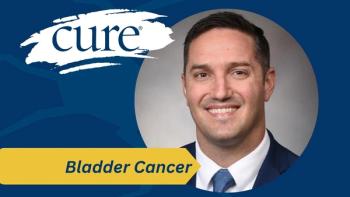
Dr. Patrick J. Hensley shares the treatment landscape of non-muscle-invasive bladder, as well as how individual risk factors can alter treatment options.
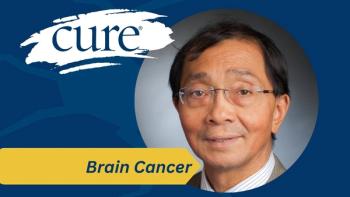
Dr. Patrick Wen discussed with CURE how Modeyso treats diffuse midline glioma, and what unmet needs remain for patients now that the therapy is available.
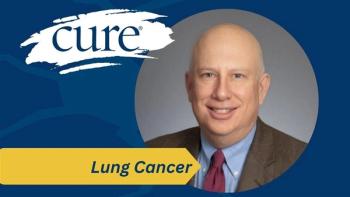
Dr. Alexander Spira explained the difference between a clinical trial and a real-world study in a CURE interview for patients with lung cancer.